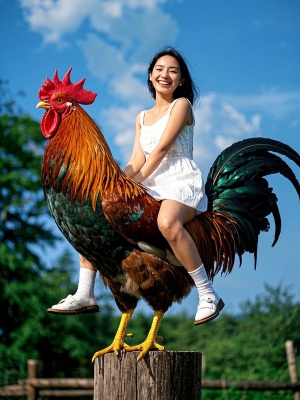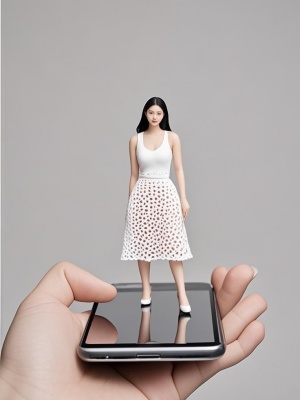The Timeless Allure of Classical Art Portraits
Introduction: The Enduring Legacy of Portrait Art
Classical art portraits represent one of humanity's most enduring artistic traditions, capturing not just physical likenesses but the very essence of their subjects. From Renaissance masters to neoclassical perfection, these works continue to fascinate art lovers centuries after their creation. At MediaAI's gallery, we preserve this tradition while exploring how modern technology can enhance our appreciation of these masterpieces.
The Evolution of Classical Portrait Techniques
From Flat Representations to Three-Dimensional Realism
The journey of classical portraiture mirrors the development of artistic techniques. Early Egyptian portraits served symbolic purposes, while Greek artists pioneered naturalistic representation. The Renaissance brought revolutionary approaches to light and perspective, as seen in works by masters like Leonardo da Vinci and Raphael.
Key Technical Innovations:
- Chiaroscuro lighting (Leonardo da Vinci)
- Oil painting techniques (Jan van Eyck)
- Psychological depth (Rembrandt)
- Compositional balance (Titian)

Symbolism and Meaning in Classical Portraits
Beyond mere representation, classical art portraits served as complex visual narratives. Artists incorporated symbolic elements that revealed:
- Social status through clothing and accessories
- Personal virtues via symbolic objects
- Political power through compositional hierarchy
- Spiritual beliefs with religious iconography
Modern viewers can appreciate these layered meanings through resources like The National Gallery of Art's educational materials.

Preservation and Modern Interpretation
Challenges in Maintaining Classical Portraits
Time presents numerous threats to these delicate artworks:
- Paint layer deterioration
- Canvas or wood panel warping
- Varnish discoloration
- Environmental damage
Modern Solutions for Classical Portrait Preservation
Contemporary technology offers innovative approaches to both preservation and interpretation:
- High-resolution digital scanning for archival purposes
- AI-assisted restoration techniques
- Virtual reality museum experiences
- Scientific analysis of materials and techniques
At MediaAI's restoration blog, we explore how these technologies bridge past and present.
Conclusion: The Living Tradition of Portrait Art
Classical art portraits remain vital cultural touchstones, teaching us about historical aesthetics, technical mastery, and human expression. As we develop new ways to study and preserve these works, we ensure their lessons continue to inspire future generations. Whether through traditional study or modern digital tools, these masterpieces offer endless opportunities for discovery and appreciation.

For those interested in creating their own classical-style portraits, explore our AI painting guide to learn how contemporary technology can emulate these timeless techniques.